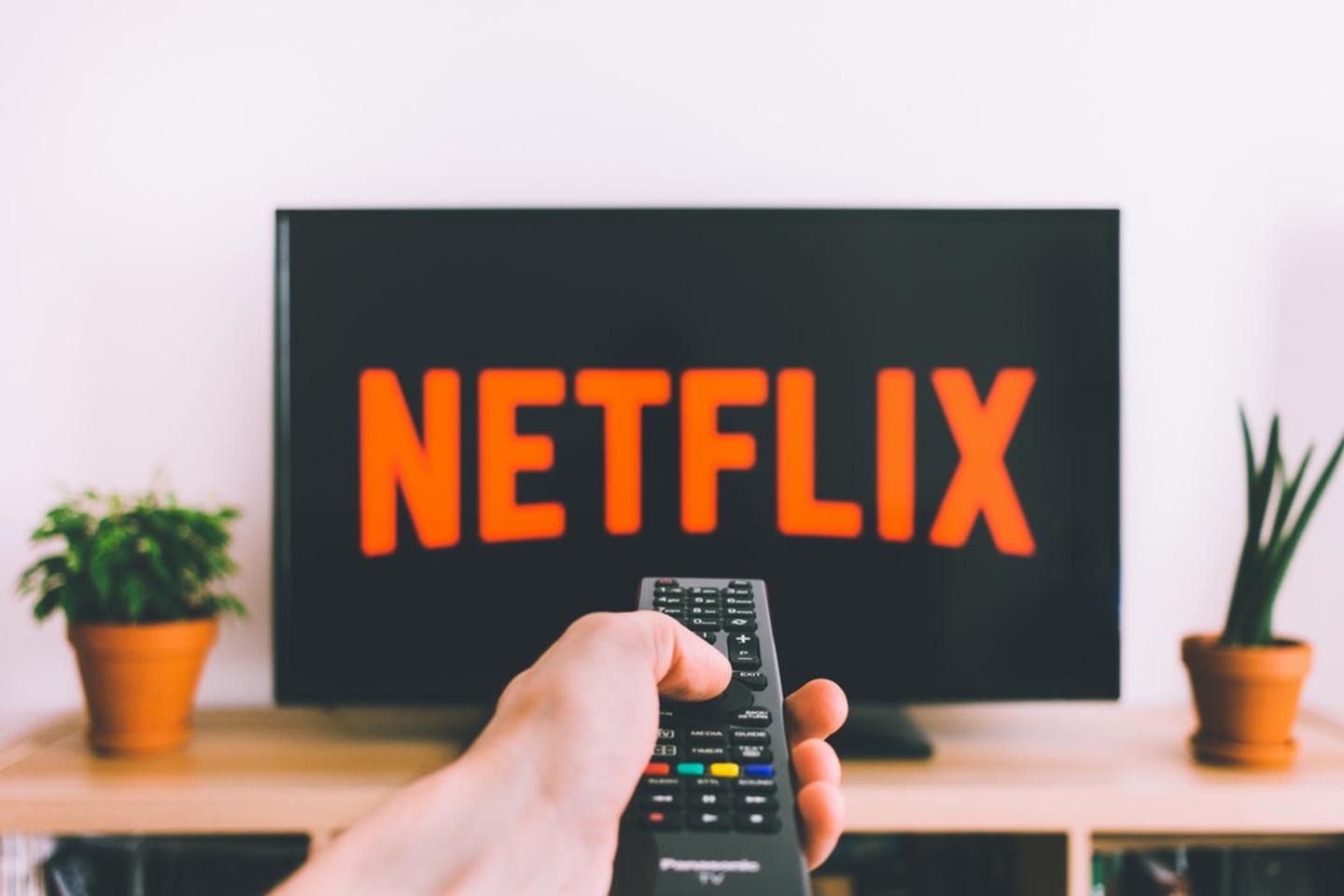You finally arrive home after an 11-hour day of commuting, work, classes, and homework. Your dog shys away from you as you walk through your home, because he can barely remember who you are. You stumble into your living room, taking your shoes off as you walk, leaving them in the middle of the floor before collapsing onto the couch. Grabbing a remote, you try to push all the nagging thoughts about the work left to do out of your head. You turn on Netflix and see two movies that jump out at you. The first is a challenging, dark psychological drama that will make you question the way you value your relationships with the people closest to you. The second is about giant robots punching each other. Or maybe it’s about a wedding where people just can’t stop singing ‘70s pop songs. Or a guy you’ve seen in a dozen different movies making the same jokes he’s been making for 20 years. Whatever it is, you pick the second one. Because you don’t want a challenging film. You want to turn your brain off and have fun.
The divide we have created in our popular culture between “art” and “popular” entertainment is everywhere, and infiltrates our media decisions of all kinds. We reference “great films” even as we don’t watch them, and we make fun of the “popcorn movies” as we do. But does one really have more value than the other? Does mass media (that is to say, your blockbuster movies, your reality TV, and your pop music) really have any less to say?
While they’re very much commercial products designed to sell to the broadest audiences possible, why is it that we see that as a bad thing? Why is it that films that bring out more sombre emotions are seen as more worthy of praise than those that bring out positive ones? If anything, good popular media manages to juggle two complicated tasks at once, where “high art” may only focus on one.
The first is that, as mentioned earlier, sometimes a person needs a boost, needs to “shut off their brain.” To this end, popular entertainment has to be easy to consume, and that’s why we see so many clichés and conventions repeated over and over — if you already know where the story will likely go, you can relax and enjoy the ride. Creating this kind of entertainment isn’t easy, either! It takes a considerable talent to keep up a consistent tone and pacing, which is something that almost all the best examples of widely popular media excel at.
The second task that popular media handles is that, in most cases, it does hold up to intellectual criticism. Even the most “mindless” of movies, if you take the time to turn your mind on and watch it, are trying to say something, have nuance and depth beyond the surface, and can be analyzed and interpreted in different ways. That’s not to say they’re all masterpieces, by any means, but a good critical analysis of a seemingly simple text can be even more engaging than one about the kind of text you expect to see analyzed. Popular media hides its substance behind a lot of flash, and that makes it all the more interesting when you dig it out.
The classist idea that “high art” is better than mass media seems rooted in the notion that lower-income individuals are somehow less intelligent, less capable of enjoying complex stories and themes, and that doesn’t hold up in the real world at all. For sure, fans of “high art” may have created the standard for language used to discuss such topics, but if you apply those same tools to your favourite reality show, maybe you’ll find some interesting statements being put forward about humanity by the people seen on screen, and the ones behind the cameras.
Then when you’re tired of analyzing, you can turn your brain off and just have fun. And there’s value in that too.

Jeff was The Cascade's Editor in Chief for the latter half of 2022, having previously served as Digital Media Manager, Culture & Events Editor, and Opinion Editor. One time he held all three of those positions for a month, and he's not sure how he survived that. He started at The Cascade in 2016.


